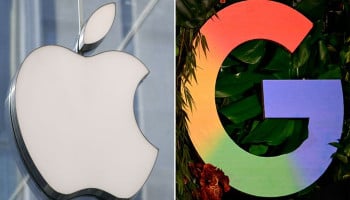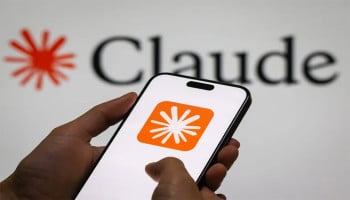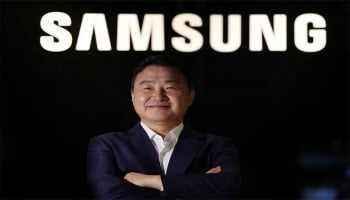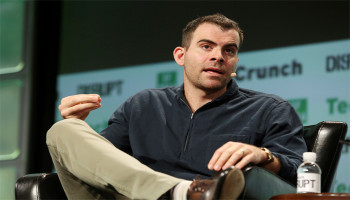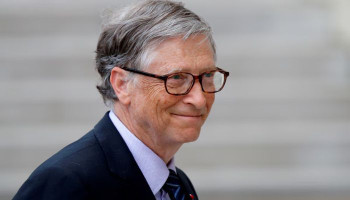
Tech giants OpenAI, Meta among 20 companies have announced a successful attainment of an agreement signed to counter maligning content — produced using generative artificial intelligence (GenAI) — being disseminated ahead of US elections this year.
The AI-backed interference in US elections stemmed from the persistently increasing usage of the GenAI, which has handed ordinary individuals the ability to generate text, images and video in response to prompts in no time.
The overuse and ease of access to the technology adds to the fears associated with the perturbation in the electoral processes globally this year.
Read more: Why no ‘GPT’ trademark for OpenAI?
The agreement, took place at the Munich Security Conference, includes OpenAI, Microsoft, Adobe, and companies that, already have, are building GenAI tools generate content, as reported by Reuters.
Meta Platforms, TikTok and X (formerly known as Twitter) are also part of the accord, and are required to remove or minimise the dissemination of misleading and harmful content which could anyhow jeopardise elections all around the world.
The deal seeks from signatories the development of tools to detect all sorts of fabricated, made-up, maligning, or misleading content — including text, images, videos — as well as launching public awareness campaigns to inform general public about such content and ways to deal with it.
Not providing an exact timeframe as to when the technologies will be developed, the companies said they might be equipped with the ability to autonomously add watermarks or metadata to the content in order to filter out such content.
“It’s all good and well if individual platforms develop new policies of detection, provenance, labeling, watermarking and so on, but unless there is a wider commitment to do so in a shared interoperable way, we’re going to be stuck with a hodgepodge of different commitments,” said Nick Clegg, president of global affairs at Meta Platforms.
"There's an emotional connection to audio, video and images. Your brain is wired to believe that kind of media," he added.







